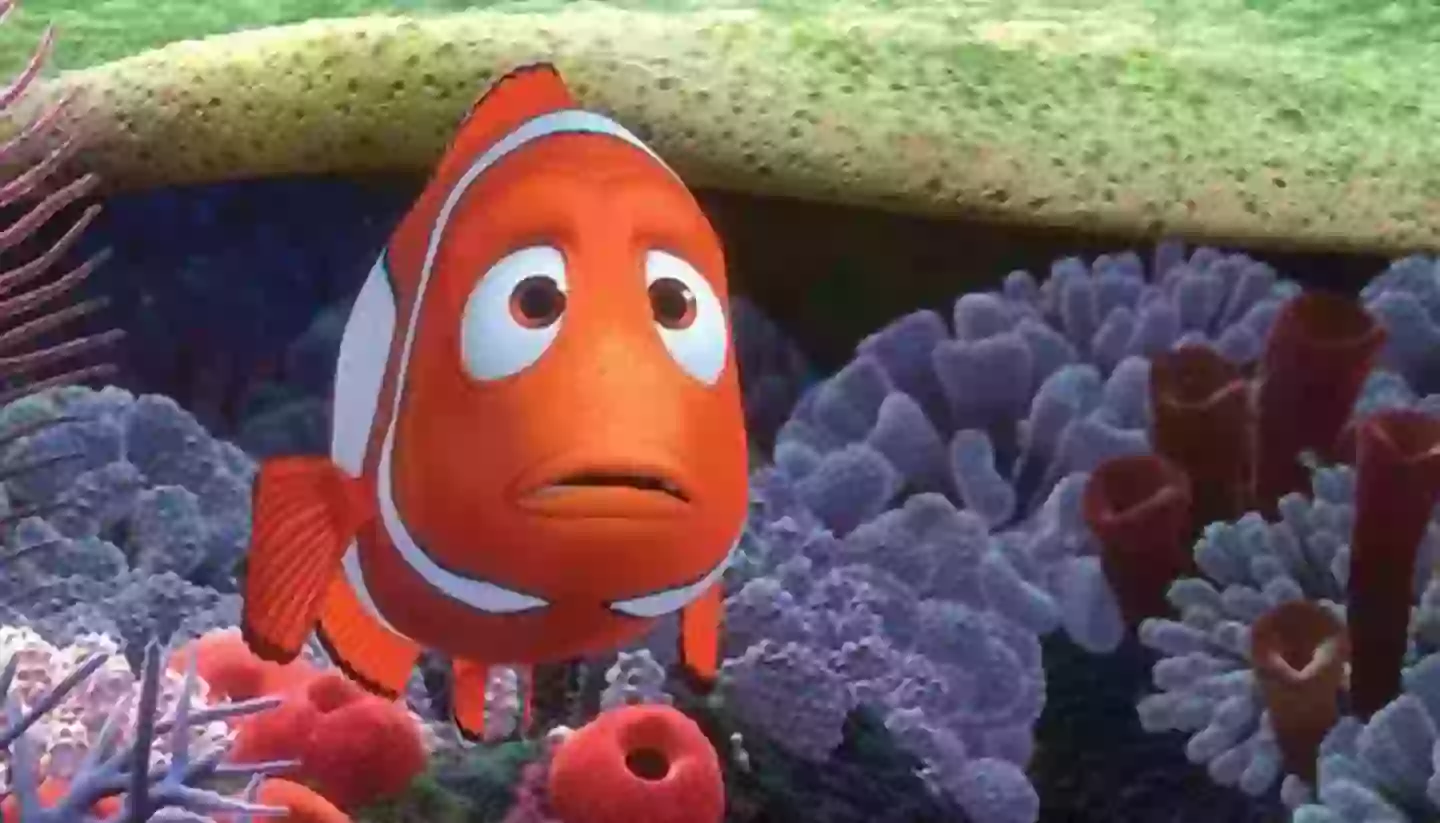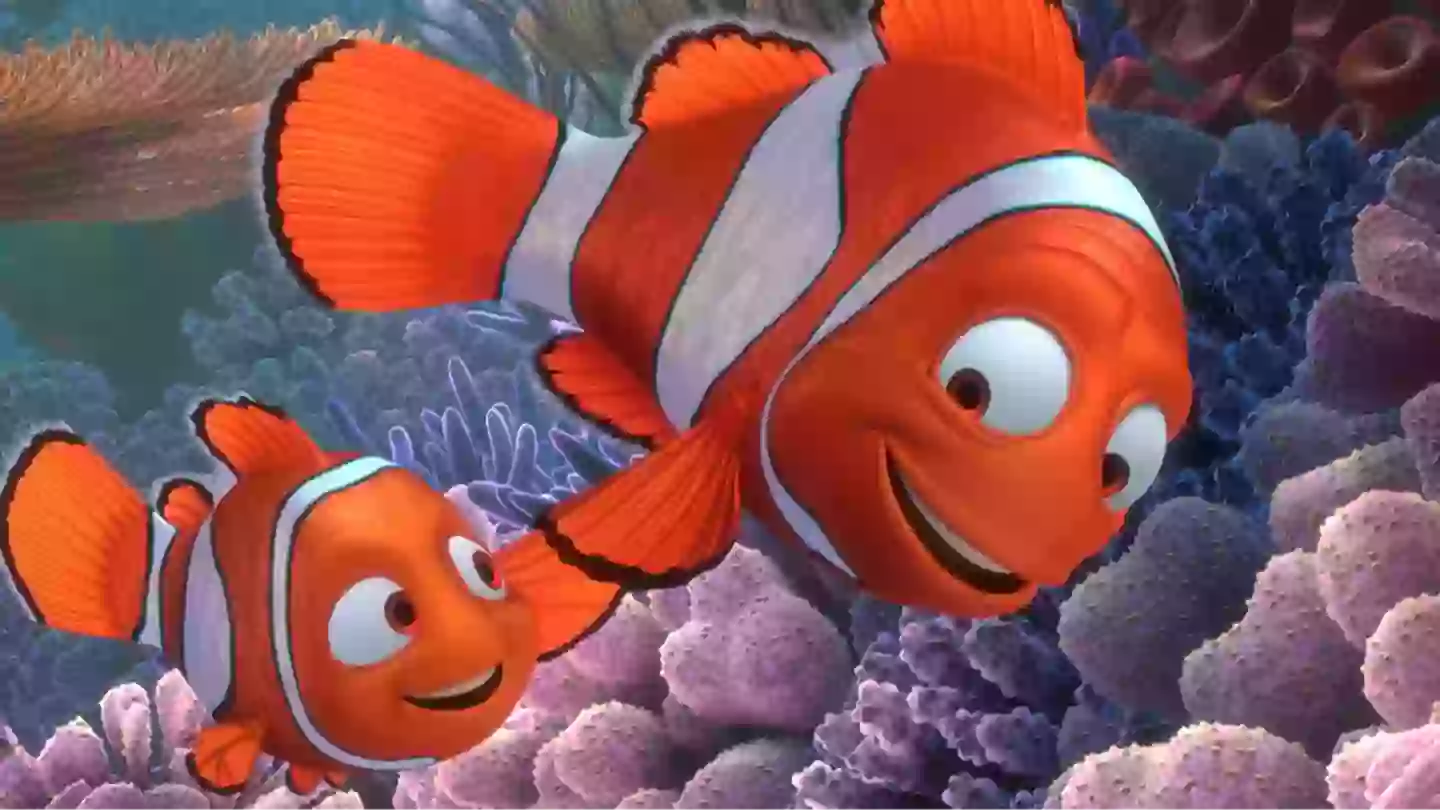Fans of “Finding Nemo” have been startled after uncovering some intriguing facts about clownfish biology.
If you’re familiar with Pixar’s creations, you’ll be aware of the storyline; however, for those new to the film, here’s a quick overview.
In “Finding Nemo,” a pair of clownfish face a heart-wrenching situation — in typical Pixar style — where the mother and most of her recent offspring fall prey to a larger fish.
The father clownfish, Marlin, believes he has lost his entire family until he discovers a surviving egg. This egg hatches into his sole son, Nemo.
Due to these events, Marlin becomes a very protective parent, and Nemo often tests his father’s boundaries. On one occasion, Nemo ventures too close to the ocean surface, resulting in his capture by a diver. Marlin then embarks on a quest to find his son.
So, what exactly has altered the perception of “Finding Nemo” for its fans? It all relates to the fact that clownfish possess the ability to change their sex.
In clownfish communities, there exists a dominant female at the top of the hierarchy, followed by a dominant male and smaller male fish. The fish decrease in size as you move down the hierarchy.
The leading pair of male and female clownfish are responsible for breeding. If the female dies or disappears, the dominant male undergoes a sex change to become the new dominant female.
Subsequently, the largest juvenile assumes the role of the dominant male, leading to a surprising revelation.
If “Finding Nemo” adhered more closely to scientific facts, Marlin would transform into a female after the mother’s demise, and Nemo would become the new dominant male. They would then pair for breeding.

Many have only recently learned about clownfish social structures, prompting them to reassess their views of “Finding Nemo.”
In discussions on Reddit, one user remarked: “Now you won’t see Finding Nemo in the same light again.”
Another referred to the discovery as a ‘childhood ruining fact.’
“That’s why he was so desperate to find Nemo,” someone jested, while another added humorously: “This is the real reason Nemo ran away.”

